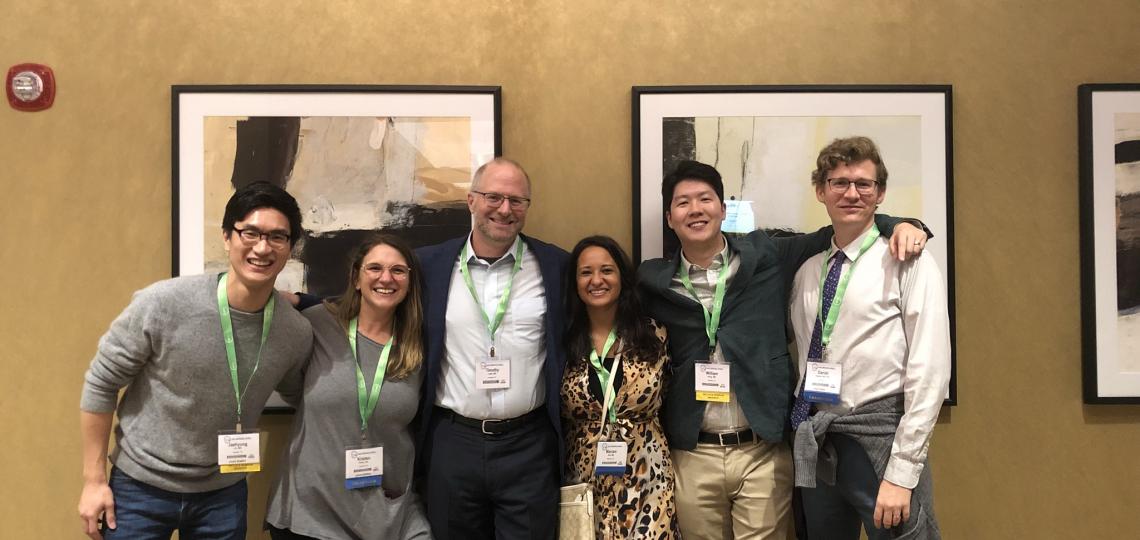
An important part of residency in Child Neurology and Neurodevelopmental Disabilities is to integrate key aspects of training in general pediatrics, adult neurology, and child neurology so that the graduate has a connected and collective understanding of disorders of the nervous system, especially as it pertains to the pediatric patient.
Starting in intern year, our program works to build these connections through early training opportunities in our Child Neurology and Neurodevelopmental Disabilities clinical programs as well as mentoring and social activities for our new residents.
The Foundational Track provides even greater exposure to child neurology training starting in the intern and second post-graduate year through continuity clinics and a specially designed curriculum.
Pediatric and adult neurology training is further developed throughout training with clinical rotations integrating both pediatric and adult experiences. For example, in the outpatient subspecialty rotations of neuromuscular disease, movement disorders, and multiple sclerosis, the resident sees children in the pediatric clinic with the related Child Neurology subspecialty faculty on select days and in the adult clinic with the Adult Neurology subspecialty faculty on other days.
The Neurodevelopmental Disabilities training also integrates developmental-related rotations throughout the four years of PGY3-6 training in order to build a comprehensive understanding of the interconnectedness of neurology and development and to establish a “whole brain, whole child, whole family” approach to care. Like the experiences in child neurology, the Neurodevelopmental Disabilities Program also incorporates rotations in transition and adult medicine in order to observe the natural evolution of neurodevelopmental disorders across the lifespan. The Neurodevelopmental Disabilities Residency also allows for eighteen months of training in clinical and basic science education which includes time designated for mentored research and development of clinical expertise.








